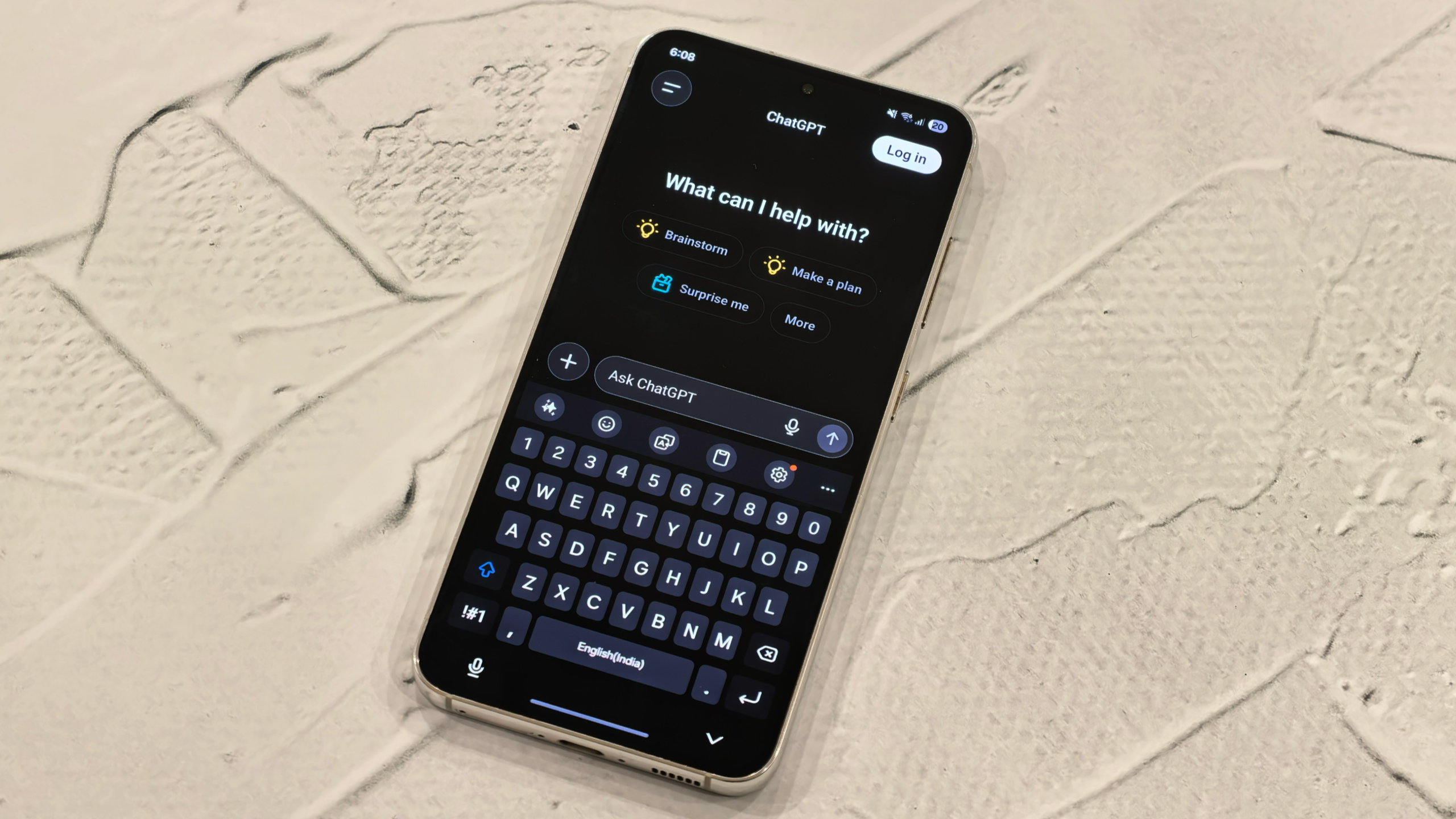Redmi Note 8 Pro: Hands-on with Xiaomi's first 64MP phone
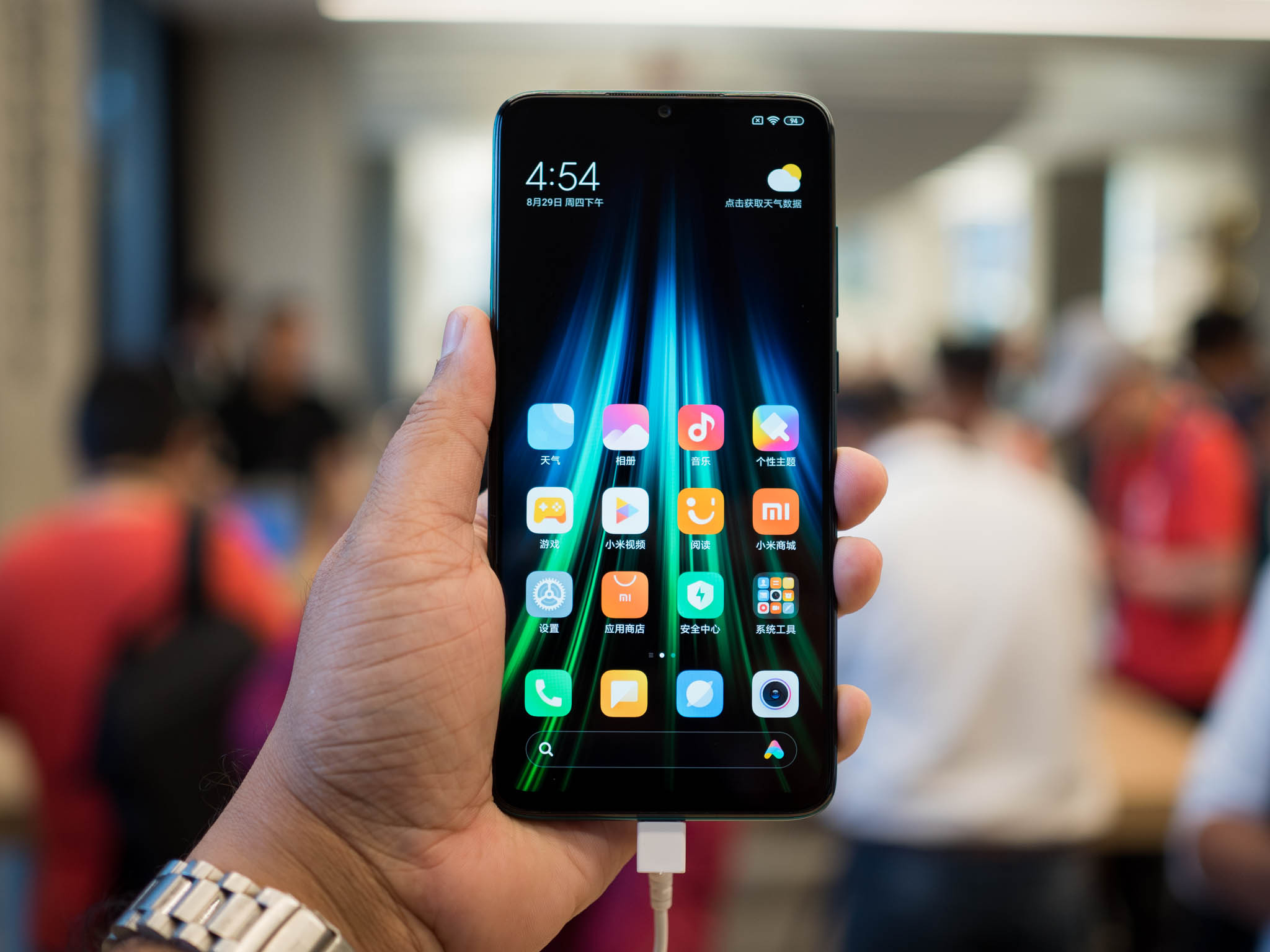
Get the latest news from Android Central, your trusted companion in the world of Android
You are now subscribed
Your newsletter sign-up was successful
The story of the Redmi Note series has been one of continual evolution. Every new model in the last two years brought enticing new updates while retaining the same great value. The Redmi Note 7 Pro that launched just seven months ago was particularly interesting as it had a 48MP Sony IMX586 sensor. And while that device is still going strong — the series picked up 20 million sales — the Redmi Note 8 Pro trounces it.
The Redmi Note 8 Pro is a revolutionary upgrade that offers a smorgasbord of new features. The highlight is obviously the camera: the phone is Xiaomi's first with a 64MP sensor, with the manufacturer teaming up with Samsung for the GW1 imaging module. But there are changes elsewhere — there's a MediaTek Helio G90T powering the device instead of the usual Qualcomm mid-range chipset, and the battery size has been increased to 4500mAh.
Let's start with the design: the Redmi Note 7 Pro had a glass back, and Xiaomi is building on that theme by adding attractive color options. All three available colors — Mineral Grey, Pearl White, and Forest Green — look fantastic, with the green, in particular, standing out. The phone has rounded edges and subtle curves at the back that gives it a better in-hand feel.
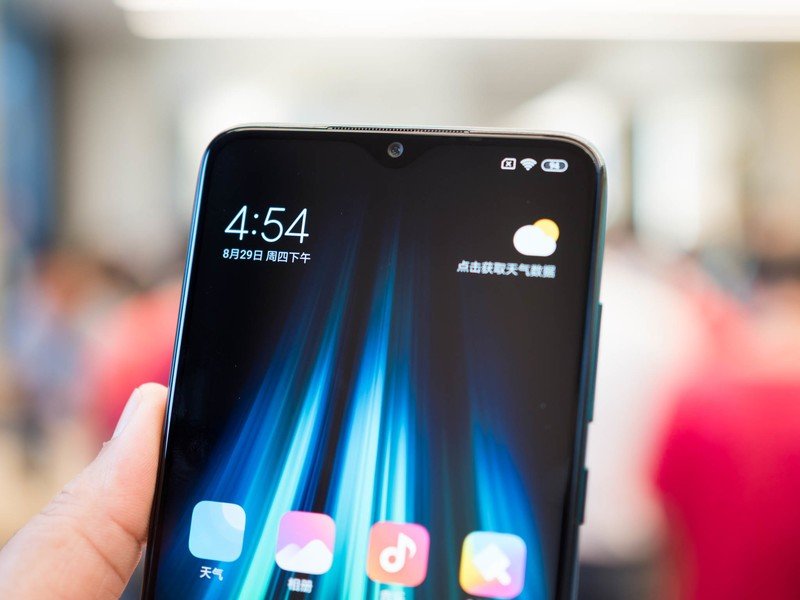
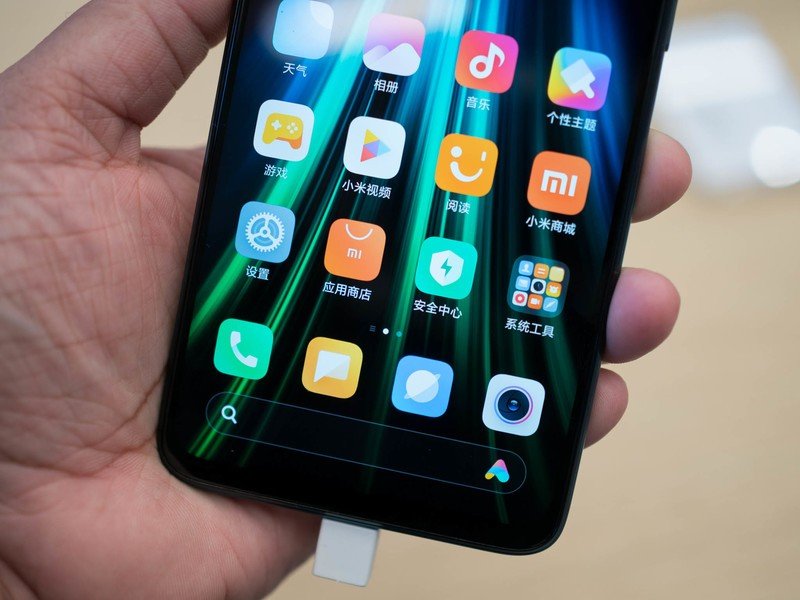
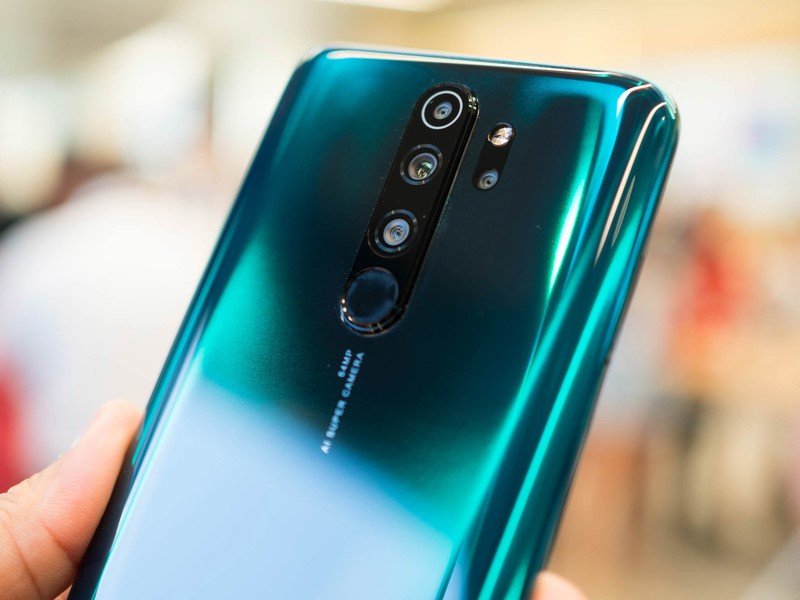
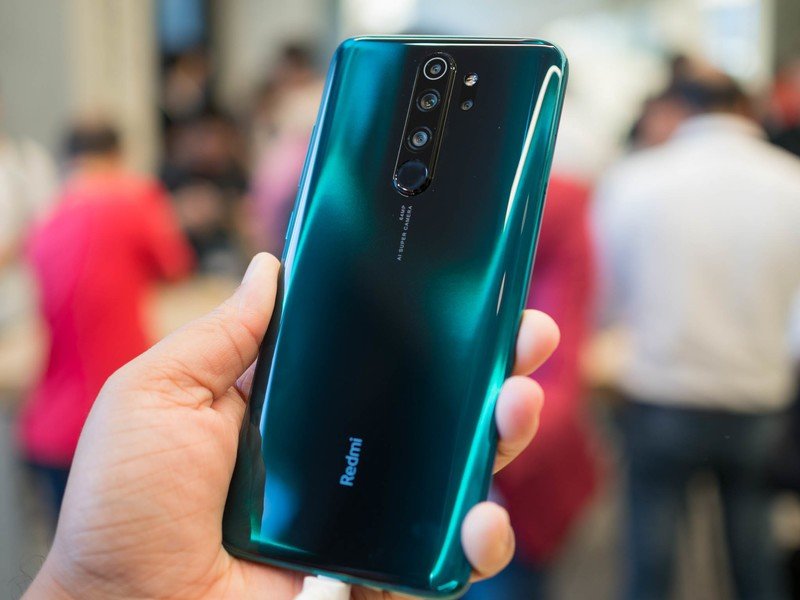
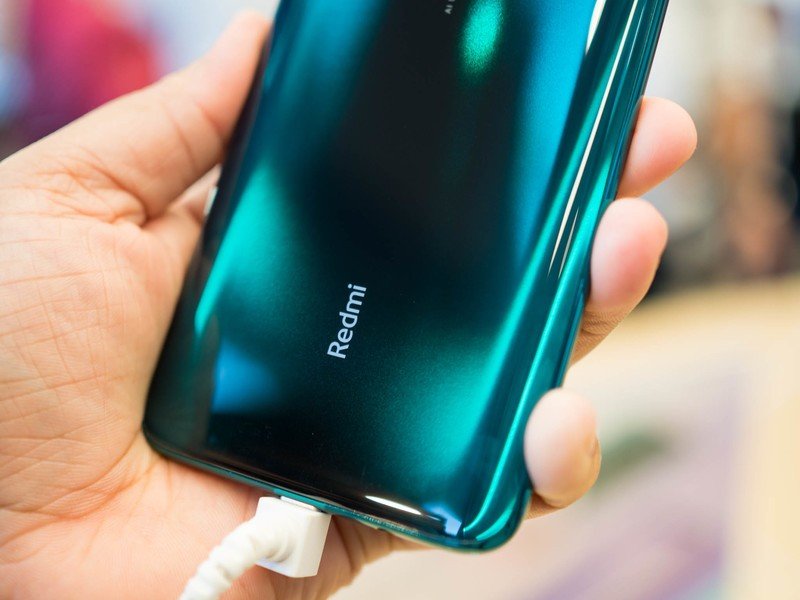
There's a traditional fingerprint sensor located at the back, and it sits just below the camera housing. The way it is built into the oblong camera array allows the module to blend seamlessly into the design at the back, and although the sensor area is 30% smaller, it's just as easy to access.
Xiaomi went with a 6.53-inch IPS LCD FHD+ panel on the Redmi Note 8 Pro, and like earlier models, the screen seems perfectly serviceable. You get the usual set of options to customize the color balance and tune the display to your liking, and there's a blue light filter and other features that are standard across MIUI.
IP52 rating, NFC, a Helio G90T chipset that's tuned for gaming, 64MP camera, and 4500mAh battery. All for under $225.
Oh, and for the first time for a Redmi phone, Xiaomi is offering IP52 resistance. Earlier models in the Redmi series had P2i coating but no official IP rating, so this is a welcome move considering how much the phone costs. IP52 should be good for protection against rain and sweat, making the Redmi Note 8 Pro just that little bit more durable. The device also has liquid cooling that lowers the temperature by up to six degrees, allowing you to play without having to worry about throttling or overheating issues.
That's where the Helio G90T comes to the fore. MediaTek's first gaming-focused chipset has a combination of Cortex A76 and A55 cores, and the performance is on par with that of the Snapdragon 730. That's a big deal as MediaTek hasn't really offered a decent alternative to Qualcomm in the mid-range. Xiaomi is also adding features that let you leverage the full gaming potential: you'll be able to bridge your 4G and Wi-Fi connections, and there's Game Turbo 2.0.
Get the latest news from Android Central, your trusted companion in the world of Android
Another big addition is NFC, which will be a welcome addition once the device hits global markets. The Redmi Note 8 Pro comes with 6GB of RAM and 64GB of storage in the base version, and you can also get the device with 8GB of RAM and 128GB of storage. All variants have LPDDR4X RAM and UFS 2.1 storage modules, and there is a MicroSD slot as well. The phone a single speaker at the bottom that's particularly loud, with Xiaomi noting that it is able to blow a candle with the intensity of the air coming out of the grille. Make of that what you will.
The phone comes with a 4500mAh battery, and while it's powered by a MediaTek chipset, Xiaomi has licensed Quick Charge 4.0+ and USB PD, enabling fast charging at 18W.
Two different Chinese brands have launched phones with identical quad-camera arrays in the same week.
The Redmi Note 8 Pro features a 64MP primary camera that's joined by an 8MP wide-angle lens, 2MP macro lens, and a 2MP sensor for portrait shots. If that sounds familiar, that's because it is the same camera configuration as the Realme XT that was announced just two days ago. It's far too coincidental to assume that two brands could come up with the same camera hardware at the same time.
That said, both phones having identical camera hardware makes it easier to pick a winner. Realme, in particular, has been dominating with its camera tuning, with both the Realme 3 Pro and Realme X offering the best cameras in the budget and mid-range segments. I'll have more on how the 64MP camera fares on the Redmi Note 8 Pro and the Realme XT in the coming weeks, but it is interesting just how close both brands are in this particular category.
There wasn't a single mention of MIUI in the two-and-a-half-hour presentation for the Redmi Note 8 series, and the Note 8 Pro is running MIUI 10 based on Pie. There's nothing new in the way of features, so if you've used a device based on MIUI 10, you should be immediately familiar with the software on the Redmi Note 8 Pro. The phone is now on sale in China for just $205, with the 8GB/128GB edition available for $265.
Ultimately, the Redmi Note 8 Pro has enough features that it is the obvious upgrade if you're switching from an older Redmi device. It will be two months before the phone makes its way to other markets, however, so there is a long wait before you can get your hands on it in India or other global regions. What I can tell you right now is that it's worth the wait.

Harish Jonnalagadda is Android Central's Senior Editor overseeing mobile coverage. In his current role, he leads the site's coverage of Chinese phone brands, networking products, and AV gear. He has been testing phones for over a decade, and has extensive experience in mobile hardware and the global semiconductor industry. Contact him on Twitter at @chunkynerd.
